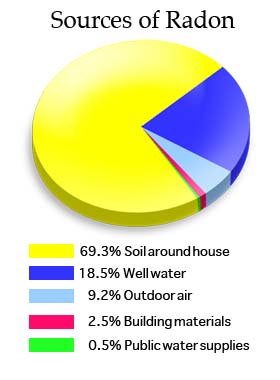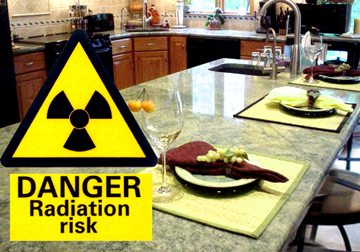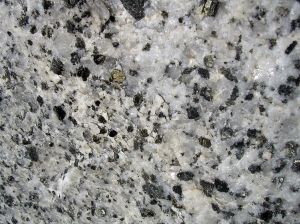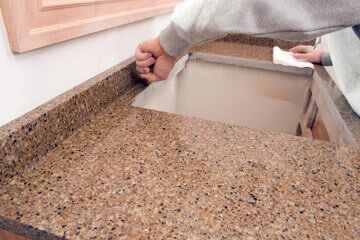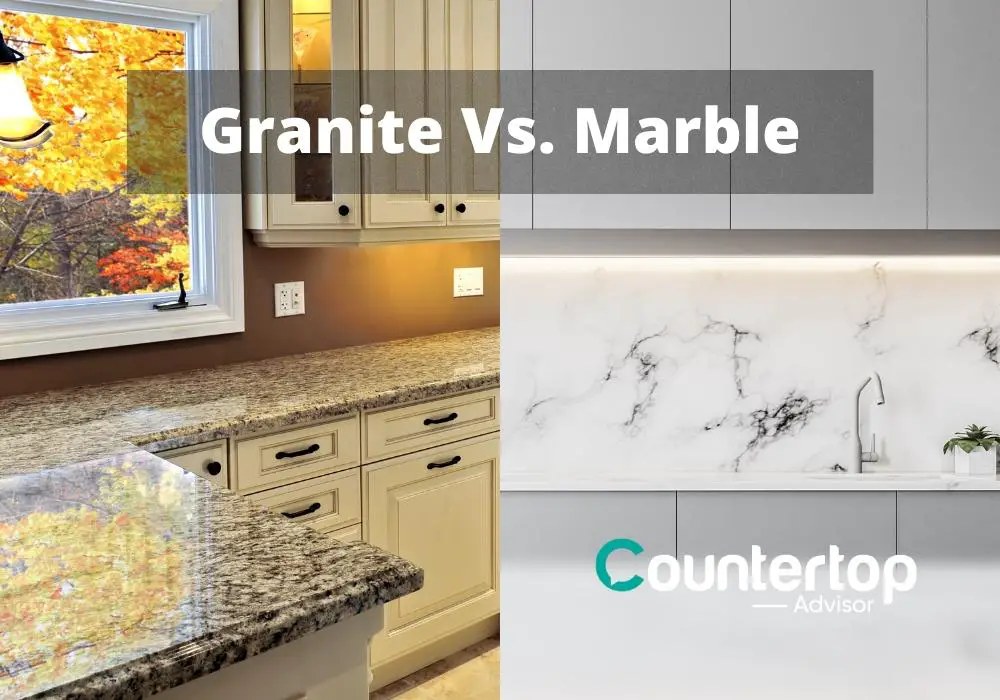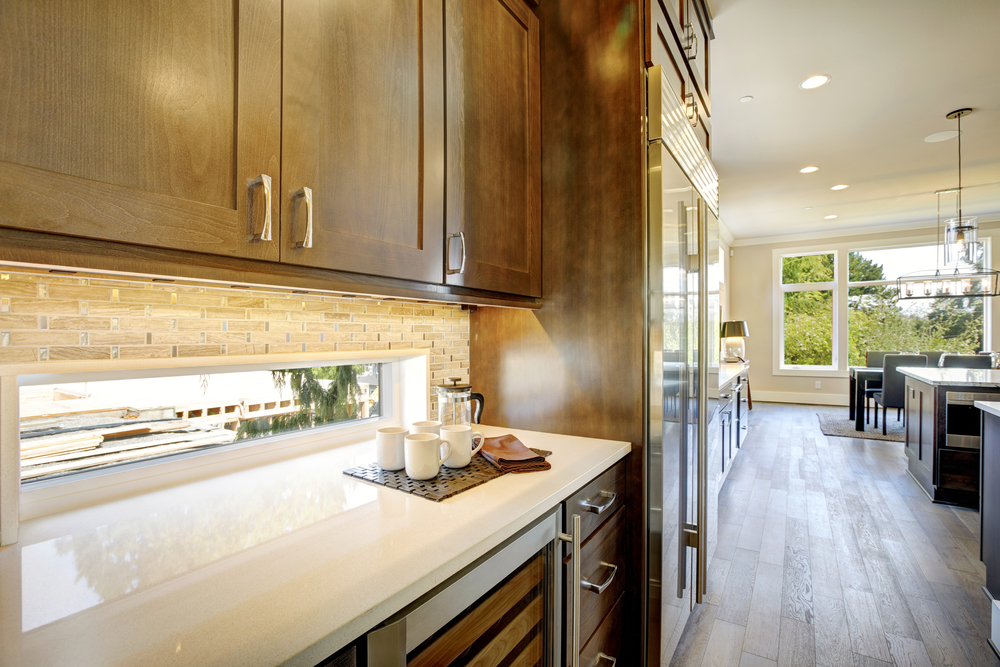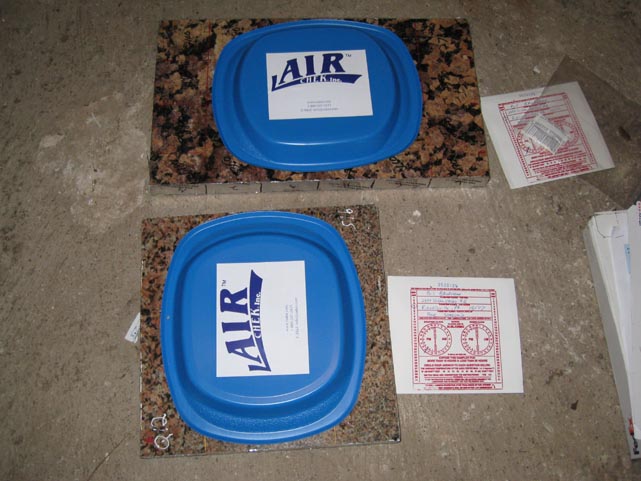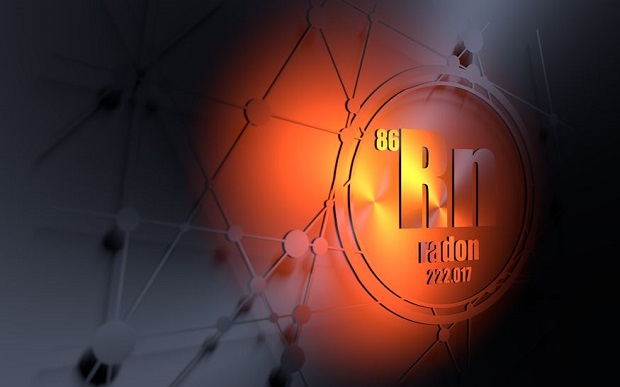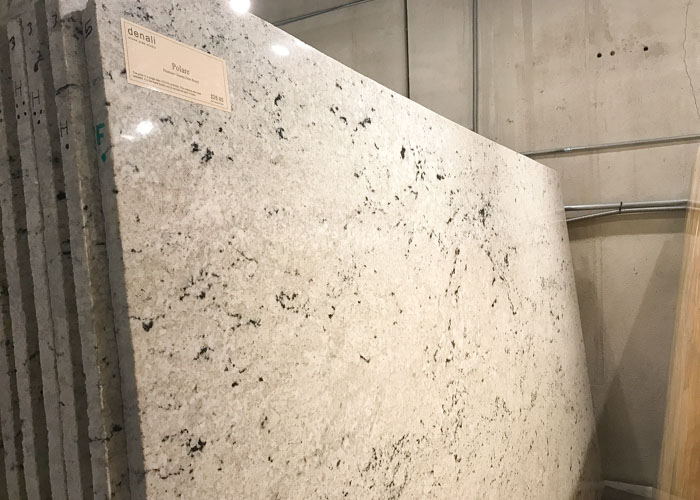If your stone surface emits a small amount of radon as happens in most cases it will generally be insignificant when diluted with the quantity of air in your entire home.
Which granite emits the most radon.
Radon can be a carcinogen and is therefore a health concern especially in poorly ventilated indoor spaces.
In fact in a recent study by consumer reports none of the granite samples tested were found to emit any radon at all.
The amount of radiation emitted from granite can vary.
Other building materials may emit radon such as soapstone brick or concrete but as with granite these materials are unlikely to increase radon levels in the home to levels above those already present in nature.
One eighth the average radon gas concentration in u s.
In addition to radon naturally occurring radioactive elements in the granite can emit small amounts of beta and gamma radiation.
Radon released from granite building materials can be released over the lifetime of use but typically will be diluted by ventilation.
The question is whether they do so at levels that can impact cancer risk.
The reports were about granite countertops that contain radium which can emit radon a radioactive gas that can cause lung cancer.
The amount of radon in the air is measured in picocuries per liter of air.
Moreover kitchens bathrooms.
Some granite countertops have been found to give off trace amounts of radon and reporters cited a few kitchens with radon levels as high as 25 times the epa s safety limit of 4 picocuries per liter of.
The popularity and demand for granite countertops has grown in the last decade as have the types of granite available.
Granites that emit the most radon are the ones that contain the most uranium.
So do other items in our households.
However any radiation present would decrease quickly with increasing distance.
All types of granite contain various amounts of uranium an element that produces radon gas.
To reduce the radon risk you should first test the air in your home to determine the radon level.
You are hundreds of times more likely to be at risk for radon emanating from the soil beneath your home.
Because granite isn t very porous and large quantities of it aren t typically used in most single family homes the radon isn t likely to escape in a significant enough quantity to potentially cause problems says brian hanson a specialist with the national radon program services at kansas state university.
It isn t a surprise that granite emits radiation.
Homes and is well below the environmental protection agency epa guideline of 4 picocuries per liter pci l 1 150 bq m 3 1.







